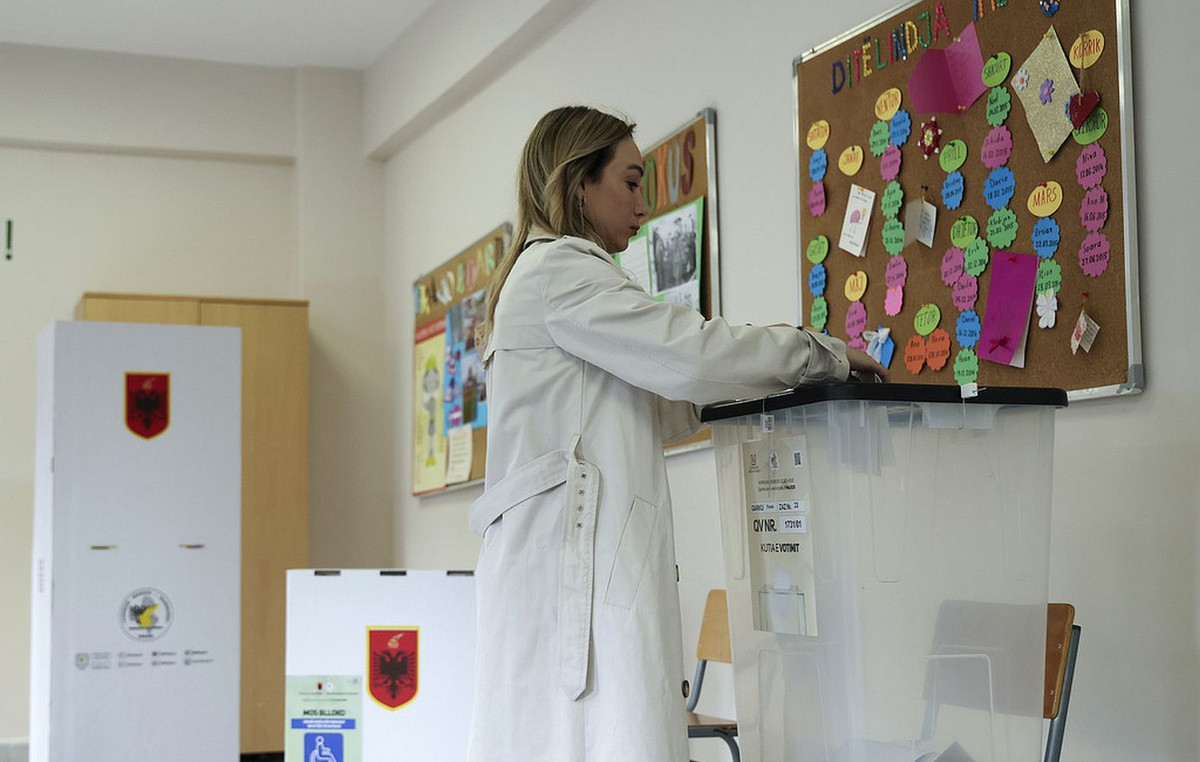More than 68 million Brazilians did not receive the first Covid-19 vaccine booster dose according to data from the Ministry of Health obtained by CNN . According to the folder, 19.3 million Brazilians have not completed the vaccination schedule, having only received the first dose, and are not fully protected.
Research from the University of Virginia School of Medicine, in the United States, highlights the benefits of a booster dose against the disease. The findings show how messenger RNA vaccine boosters, such as Pfizer’s and Moderna’s, affect the durability of antibodies in the body.
According to the researchers, a booster induces longer-lasting antibodies even among those who have recovered from a Covid-19 infection.
“These results fit with other recent reports and indicate that booster doses increase the durability of vaccine-induced antibodies,” said researcher Jeffrey Wilson, Division of Asthma, Allergy and Immunology at UVA Health.
Antibody screening
The scientists analyzed post-boost antibody levels in 117 UVA employee volunteers and compared these results with levels seen in 228 volunteers after the primary vaccination series.
Antibody levels from one week to 31 days after the primary and booster series were similar, but the boosted antibodies remained longer regardless of whether the person had Covid-19 or not.
“Our initial thought was that the boosters would lead to higher antibody levels than the primary vaccine series, but that’s not what we found,” said researcher Samuel Ailsworth, first author of a new scientific paper describing the findings. “Instead, we found that boosting led to longer-lasting antibodies.”
Antibody levels naturally decrease over time after an infection or after vaccination, but higher levels are believed to be more protective. Thus, more durable antibodies are expected to provide more sustained immunity against severe disease.
The researchers found that the antibodies generated by the Moderna booster were more durable than those generated by the Pfizer booster. Moderna’s antibody levels exceeded Pfizer’s by five months, the end of the study period.
While the findings were statistically significant, Wilson notes that both messenger RNA vaccine boosters provide improved and broadly similar levels of protection against Covid-19 in recently published large epidemiological studies.
The US researchers also looked at the effect of coronavirus infection on antibody levels. The results indicate that the greater durability observed after the booster was not explained by hybrid immunity, that is, by infection combined with vaccination.
In previous studies, experts found that after the primary vaccination series, the antibodies generated by the Pfizer vaccine rose more slowly and declined more quickly than those generated by the Moderna vaccine.
That study also found that older recipients of Pfizer’s vaccine generated fewer antibodies than younger recipients — but that wasn’t the case with Moderna, where age didn’t seem to be a factor.
In the most recent results, younger booster recipients initially generated more antibodies than older recipients, but this difference disappeared over time.
The results of the study were published in cientific magazine Annals of Allergy, Asthma & Immunology.
Source: CNN Brasil
I am an experienced journalist and writer with a career in the news industry. My focus is on covering Top News stories for World Stock Market, where I provide comprehensive analysis and commentary on markets around the world. I have expertise in writing both long-form articles and shorter pieces that deliver timely, relevant updates to readers.







